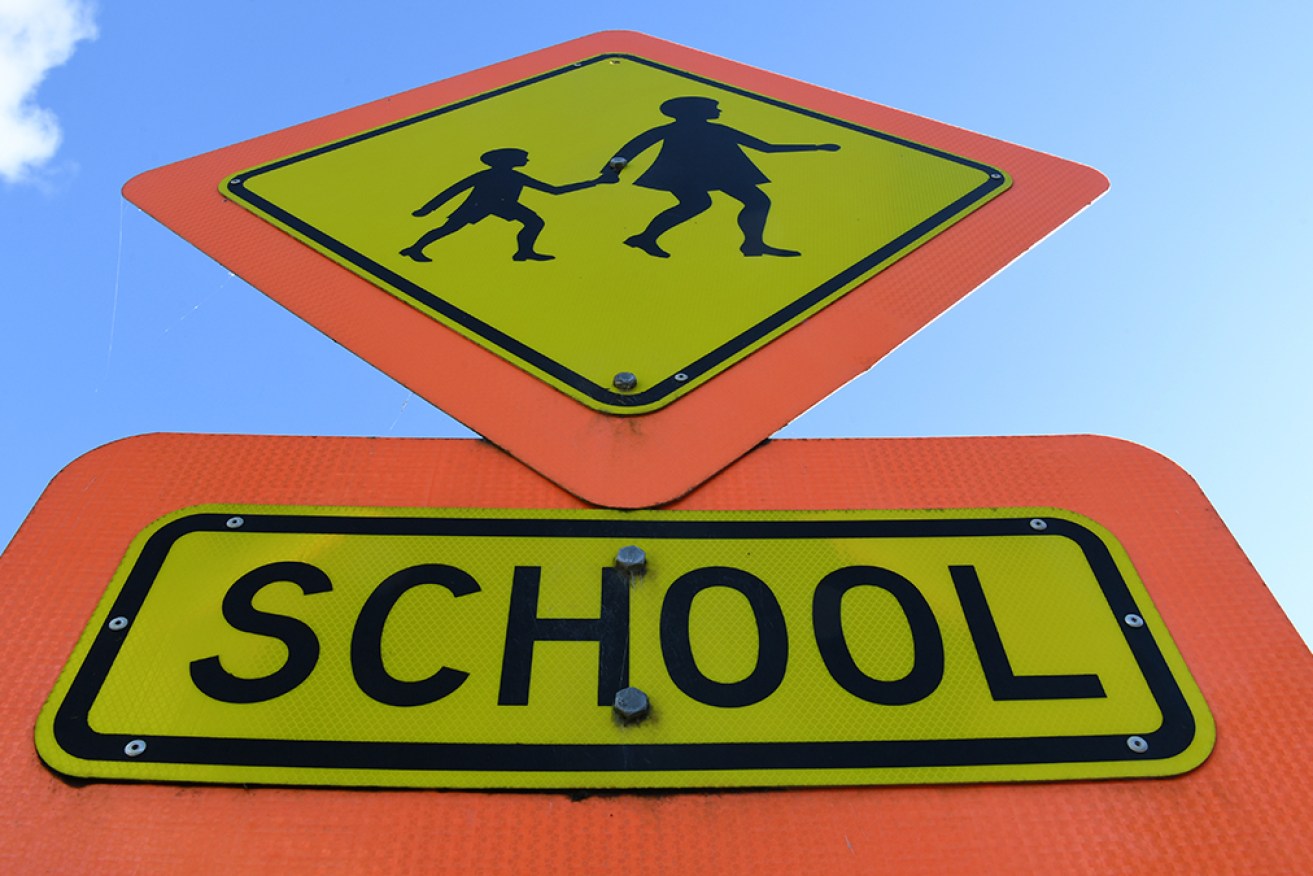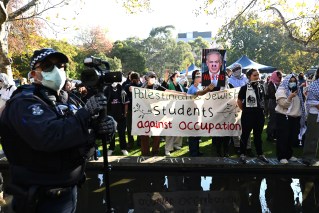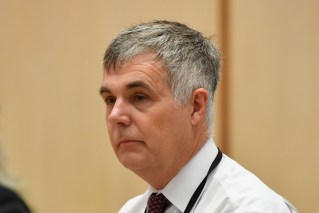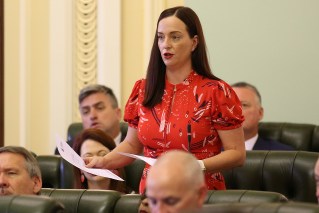Cashed-up private schools receive $3 billion in bonus funding

A new report has found an "obvious illogicality" in how private and public schools are funded. Photo: AAP
Overspending on private schools while denying public schools basic funding is inherently unjust to Australian children, a senior economist says.
A report released on Sunday found taxpayers will overfund non-governmental schools to the tune of $815 million in 2023 and nearly $3 billion over the next six years.
Public schools will conversely be caught about $6.2 billion short each year for the next six years, despite educating twice as many students and being unable to charge fees.
“There’s an inherent and obvious illogicality to that,” report author Adam Rorris told AAP.
“But worse than an illogicality, there is an inherent injustice that goes to the heart of good government and of doing the right thing by Australia’s children.”
The calculations are based on a school’s needs-based funding, a key metric that aims to ensure four in five students meet minimum NAPLAN reading and writing standards.
The report notes that some fee-taking private schools are receiving up to 171 per cent of their needs-based funding from the federal government alone.
The average public school receives about 90 per cent of their School Resourcing Standard funding, with ACT the only jurisdiction to average 100 per cent.
New South Wales has committed to 95 per cent by 2025 and eventually 100 per cent.
The public teachers union, which commissioned the report, said full funding of public schools was the only way to ensure every child gets every opportunity to succeed.
“The Rorris report makes clear there are few countries in the developed world that have a more inequitable distribution of resources to schools than Australia,” Australian Education Union federal president Correna Haythorpe said.
The federal government said it was committed to working with the states and territories to get every school “on a path to 100 per cent of its fair funding level”.
A new funding agreement is due to be struck next year and will take effect once the current agreement expires in 2028.
“Funding is important. But so is what it is spent on,” federal Education Minister Jason Clare said on Sunday.
“The current funding agreement doesn’t include targets or reforms to close the education gap.
“The next agreement will.”
Needs-based funding was introduced under the Gillard government in response to the 2011 Gonski review.
Under the current agreement, the overfunding of private schools will decline over the next six years until it reaches zero in 2029.








